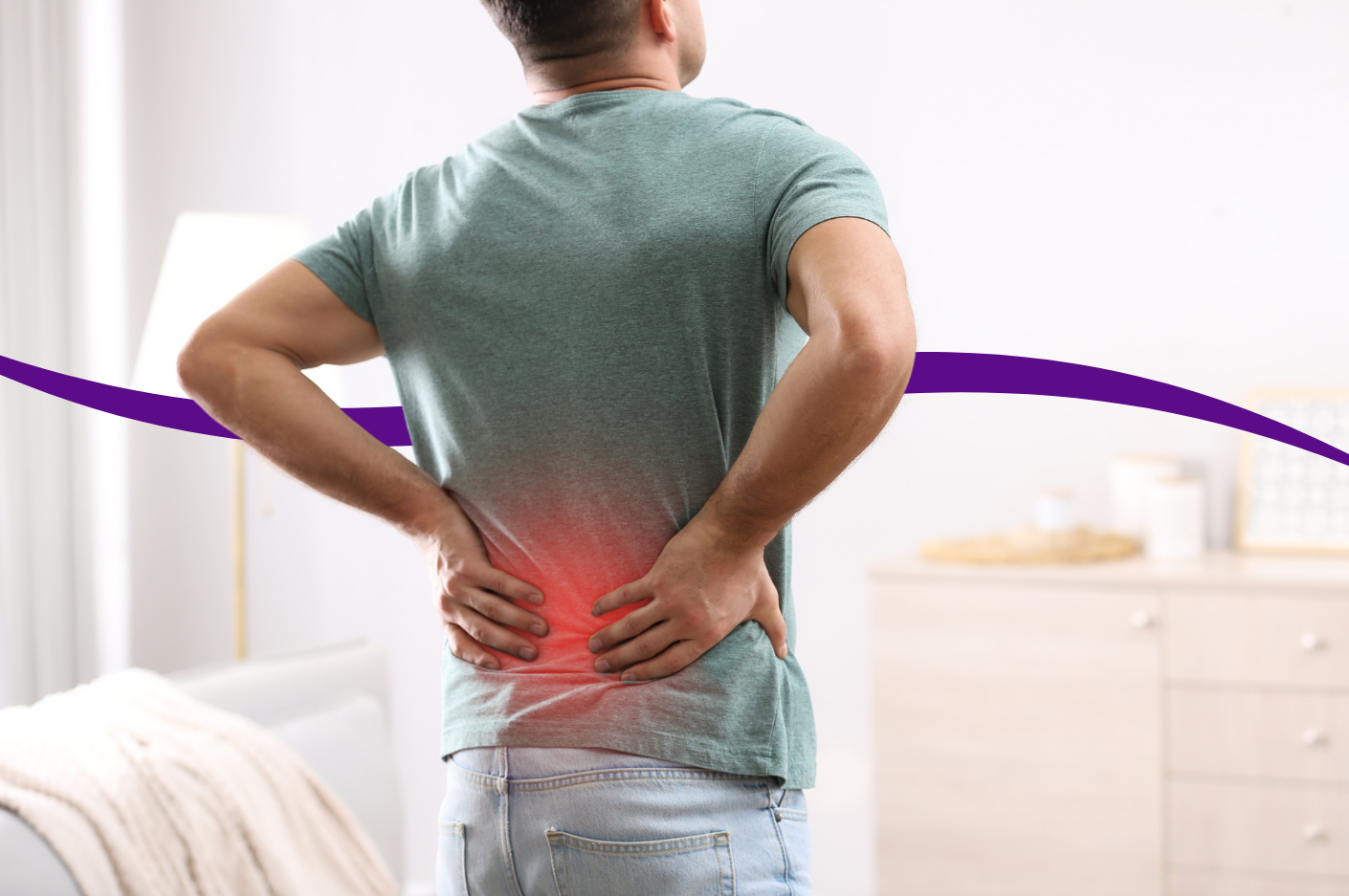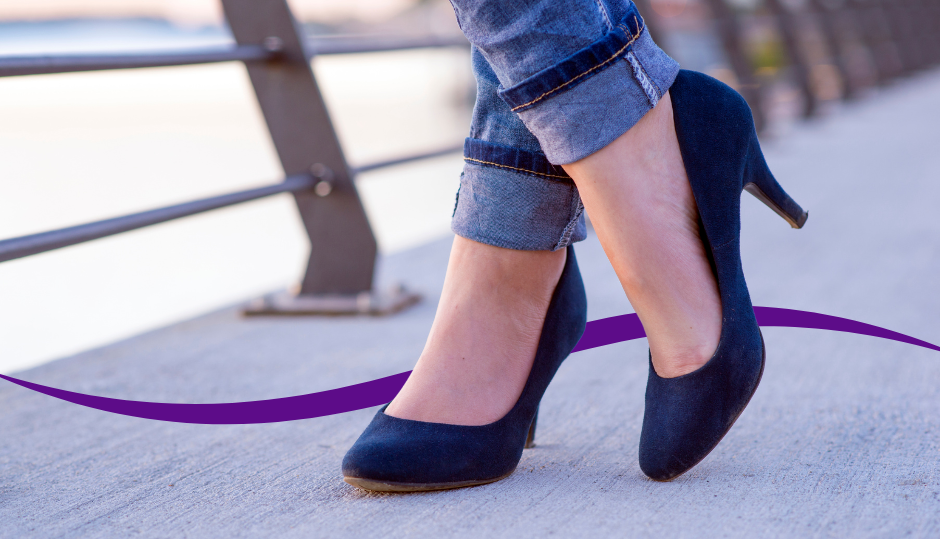

It comes as little surprise when during a visit to a podiatrist, a physio, or a doctor, you get told that you really shouldn’t be
wearing high heels all day, and that they’re not doing your feet or body any good. And while for some cases of high heels it may feel
obvious - like those small stilettos that have the thinnest heel which can easily make you lose balance, can the same really be said for all high
heels? Here’s a look into the facts and research behind wearing high heels and the effect they’re having on your body.
According to research on middle-aged women, wearing 3 inches (7 cm) heels increases your forefoot pressure by 76% compared to wearing flat shoes. A 2-inch heel (5 cm) heel increased the forefoot pressure by 57%, and even a 3 cm heel increased the forefoot pressure by 22%. Given that our feet are responsible for supporting our entire body weight over and over with every step - including on one foot for a time while the other is in the air taking another step - this increase can have significant and painful consequences. Other studies have shown that it’s not just the forefoot that bears the burden of high heels, but swelling presents over the top of the metatarsal bones at the midfoot after walking in heels, too.
While ‘overloading’ may not seem like the worst thing in the world, especially if you can just take your heels off at the end of a long day and rest your feet and stretch your toes, the reason it’s a big concern for us as podiatrists is because ongoing overloading means a much higher injury risk, and in many cases, it feels like a ticking clock until something reaches breaking point and goes wrong.
Specifically, this repetitive overloading can lead to a range of injuries, with a handful of examples including:
Aside from these overloading-related injuries, other injuries such as ankle sprains are a common occurrence with high heels. When several ankle sprains are sustained and not properly rehabilitated, this tends to lead to ongoing ankle instability issues too.
Alongside the injuries we named above, high heels also increase your risk of other foot deformities and ongoing problems. These include:
It’s not just your feet that are affected, either. When you wear high heels and your weight is shifted forwards, your knees and quads have to work harder to help you support your balance, increasing the stress on the knees. Research shows that wearing high heels increased the forces across the knees and resulted in greater compression on the inside of the knee joint - an 23% increase in forces on average compared to walking with bare feet. Other studies have found that wearing heels may even increase your risk of knee osteoarthritis due to the way the increased compressive forces alter the way the knee moves, which can lead to joint degeneration over time.
While the evidence on high heels and back pain isn’t as clear-cut, several studies have shown that high heels may increase the curvature of the lower back, leading to increased stress on the lumbar spine and increased risk of lower back pain. Additionally, the use of high heels may also, in some cases, lead to reduced muscle activity in the erector spinae muscles, which are important for maintaining good posture and protecting the spine from injury. Finally, a 2019 study published in the Journal of Physical Therapy Science found that wearing high heels can lead to decreased balance and increased sway of the spine, which can contribute to back pain and problems.
Based on the evidence, we definitely stick with the notion that you shouldn’t be wearing high heels for long periods, like at work. With that said, we understand that some events call for high heels, so in these cases:
References
Book your appointment with our podiatry team online
here
or call us on (07) 3356 3579.
| Monday | 7:40am - 6:00pm |
| Tuesday | 7:40am - 6:00pm |
| Wednesday | 7:40am - 6:00pm |
| Thursday |
7:40am - 6:00pm |
| Friday | TEMP CLOSED |
| Saturday | CLOSED |
| Sunday | CLOSED |
Ground Floor, 344 Queen Street,
Brisbane City QLD 4000
| Monday | 7:40am - 6:00pm |
| Tuesday | 7:40am - 6:00pm |
| Wednesday | 7:40am - 6:00pm |
| Thursday |
7:40am - 6:30pm |
| Friday | 7:40am - 5:00pm |
| Saturday | 7:40am - 4:30pm |
| Sunday | CLOSED |
Newmarket Village, 114/400 Newmarket Rd, Newmarket QLD 4051